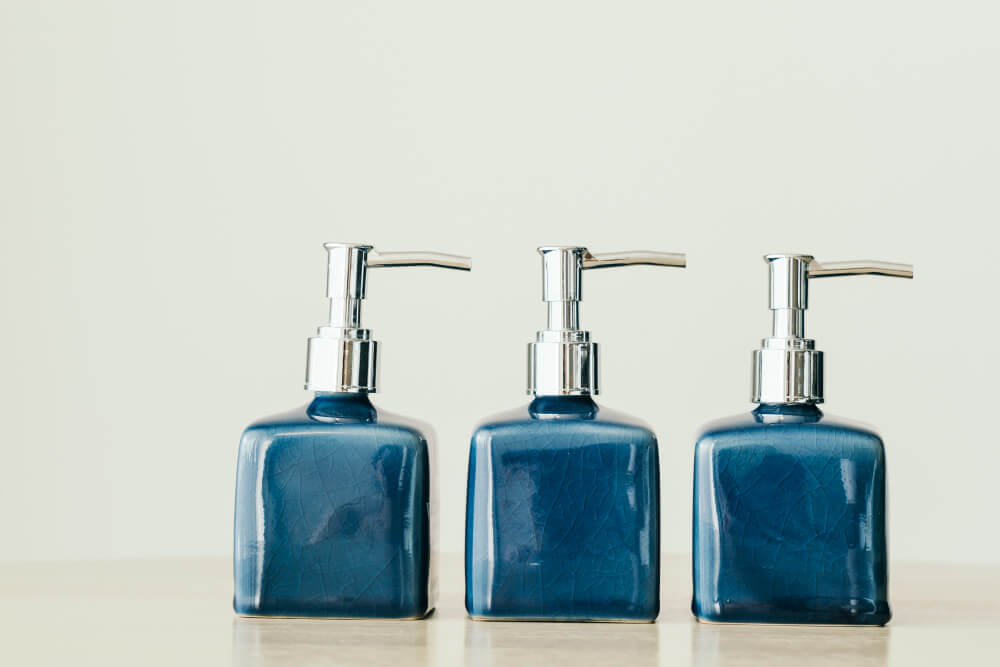Introduction
When it comes to our appearance, few things carry as much weight as our hair. Thick, luscious locks are often associated with beauty and confidence. However, the harsh reality is that many people, especially women, will experience hair loss or thinning at some point in their lives. This can be a frustrating and disheartening experience, leading many to search for solutions. One common question that arises is whether shampoos can prevent hair loss. In this comprehensive guide, we will delve into the science behind hair loss, the effectiveness of shampoos designed to combat it, and what you can do to maintain a healthy head of hair.
Understanding Hair Loss vs. Hair Thinning
Hair Loss and Hair Thinning: What’s the Difference?
Hair loss and hair thinning, while related, are not the same. Hair loss refers to actively shedding hair, often resulting in bald patches. On the other hand, hair thinning is when your overall hair density decreases because new hair isn’t growing as it should. Think of it as your hair becoming translucent. To address hair loss effectively, it’s crucial to understand its underlying causes.
The Root Causes of Hair Thinning
The Culprits Behind Thinning Hair
Hair thinning can be triggered by various factors, including nutrient deficiencies, hormonal changes, genetics, stress, and external factors like excessive heat or chemical treatments. Identifying and addressing the root cause is essential before expecting significant results from hair care products.
The Science Behind Shampoos for Hair Loss Prevention
Biotin: The Hair Health Booster
Biotin, a water-soluble vitamin, is a key ingredient in many hair-thinning shampoos. It improves the structure of keratin, the protein that forms hair, skin, and nails. Studies have shown that biotin supplements can increase the volume of hair. So, it’s no wonder it’s a common ingredient in these shampoos.
Ketoconazole: Fungus Fighter and Hair Growth Stimulator
Ketoconazole, an antifungal, is another ingredient found in some hair-thinning shampoos. It treats scalp conditions like dandruff and may stimulate hair growth by lowering inflammation levels. While research is ongoing, it shows promise in promoting thicker hair.
Caffeine: The Circulation Booster
Yes, the same caffeine that wakes you up in the morning can also revitalize your hair follicles. Caffeine increases circulation, ensuring essential nutrients reach your hair follicles for healthy growth. It also blocks the conversion of testosterone into DHT, a hormone linked to hair loss.
Minoxidil: The FDA-Approved Solution
Minoxidil, while not found in shampoos, is a potent ingredient in products like Rogaine. It’s applied directly to the scalp and can increase hair follicle size, promoting thicker hair. FDA-approved, minoxidil is one of the most trusted options for hair loss treatment.
Choosing the Right Shampoo for Hair Loss Prevention
Factors to Consider
While shampoos can help with hair thinning, it’s essential to have realistic expectations. Over-the-counter products can provide support but may not be a standalone solution for severe hair loss. Factors like scalp health, the cause, and the severity of hair thinning vary from person to person.
Personalized Treatment Plans
Consider consulting a licensed professional, such as a trichologist or dermatologist, to develop a personalized treatment plan. These experts consider your diet, exercise, styling habits, and more to address hair loss comprehensively. Remember, there’s no one-size-fits-all solution.
Avoid Harsh Chemicals
When selecting a shampoo for hair loss prevention, prioritize products free of harsh chemicals like sulfates and parabens. These chemicals can harm fragile hair and interfere with hormone balance. Opt for gentle alternatives to protect your locks.
Complementary Hair Care Practices
Exercise for Healthy Hair
Exercise isn’t just for your body; it benefits your hair too. Sweating during workouts helps maintain a healthy scalp, which is crucial for preventing hair loss.
Scalp Massages: A Relaxing Ritual
A simple yet effective practice is massaging your scalp two to three times a week. It enhances blood flow to the hair follicles, promoting growth and vitality.
Avoid Chemical Overload
Steer clear of chemical applications like permanent hair color or relaxers applied directly to your scalp. These can weaken your hair and contribute to hair loss.
Prioritize Sleep
Getting enough sleep is vital for overall health, including your hair. Consider investing in a silk pillowcase to prevent hair breakage during sleep.
The Role of Lifestyle Choices
The Impact of Lifestyle Choices on Hair Health
Lifestyle choices like excessive alcohol consumption, smoking, vaping, and certain medications can negatively affect your liver, kidneys, and, consequently, your hair and immune system. It’s essential to strike a balance between self-care and potentially detrimental habits.
Conclusion
In the quest for preventing hair loss, shampoos play a significant role, but they are just one piece of the puzzle. Understanding the causes of hair thinning and adopting a holistic approach to hair care can yield the best results. Remember, there’s no one-size-fits-all solution, and patience is key. If you’re facing persistent hair loss, consult with a licensed professional to develop a personalized plan.
Maintaining a healthy head of hair requires effort and a combination of practices, from choosing the right shampoo to making positive lifestyle choices. Embrace the journey toward healthier, fuller hair, and don’t hesitate to seek professional guidance when needed.
Disclaimer: The information provided in this article is for informational purposes only and should not be considered as medical advice. Always consult with a qualified healthcare professional before making any decisions regarding your health or treatments. For more information, please read our Medical Disclaimer.
Frequently Asked Questions:
While shampoos can help improve hair health and reduce hair loss to some extent, they may not provide a complete solution. The effectiveness of shampoos varies from person to person, and they are typically more effective as preventive measures rather than a cure.
Natural ingredients like biotin, caffeine, and certain oils can be beneficial for hair health, but their effectiveness in preventing hair loss depends on individual factors. It’s essential to choose products that suit your specific needs and consult a professional if you’re experiencing severe hair loss.
The frequency of shampoo use depends on your hair type and the product’s instructions. Typically, using a specialized shampoo two to three times a week is recommended, but it’s essential not to overwash, as it can strip your hair of natural oils.
The majority of shampoos designed to prevent hair loss are generally considered safe for use. However, it’s important to recognize that individual responses can differ significantly. Certain individuals might encounter minor issues such as mild scalp irritation or dryness. To ensure your safety, it is advisable to consistently adhere to the usage guidelines provided by the product and discontinue use immediately if you happen to experience any adverse effects.
For severe hair loss problems, shampoos alone may not be sufficient. It’s advisable to consult a trichologist or dermatologist who can assess your condition and recommend a comprehensive treatment plan, which may include medications or other therapeutic approaches.




